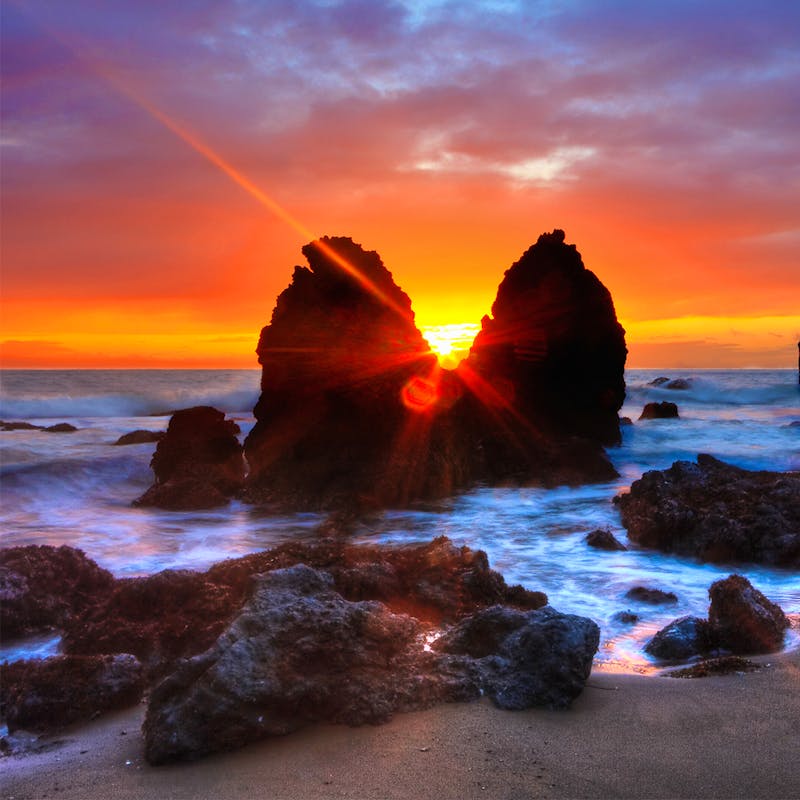Tweet“This annual harvest presents a clear and present danger to numerous vulnerable species and drastically undermines the refuge’s mission. We cannot allow the Service to sit by when a private company is imperiling species while profiting off our public lands.”
Today, conservation groups asked a federal district court judge to halt a planned blood harvest of thousands of horseshoe crabs in Cape Romain National Wildlife Refuge, arguing the annual harvest violates multiple landmark conservation laws. The commercial harvest poses numerous threats to the refuge and the species that depend on it, including the threatened red knot.
“This annual harvest presents a clear and present danger to numerous vulnerable species and drastically undermines the refuge’s mission,” said Lindsay Dubin, staff attorney at Defenders of Wildlife. “We cannot allow the Service to sit by when a private company is imperiling species while profiting off our public lands.”
The motion for a preliminary injunction, filed by Defenders of Wildlife and the Southern Environmental Law Center (SELC), seeks to suspend commercial harvesting activities in Cape Romain, which are conducted on behalf of a pharmaceutical company, Charles River Laboratories. The motion urges that the U.S. Fish and Wildlife Service can only allow harvesting to resume after it has complied with its legal responsibilities under the Endangered Species Act and the National Wildlife Refuge System Improvement Act.
“This harvest of horseshoe crabs is illegal and should not be allowed to continue one more year,” said Catherine Wannamaker, a senior attorney at the Southern Environmental Law Center. “It puts in peril not only the horseshoe crabs, but the migratory birds that need the crab eggs to survive their long flights. We’re asking the court to step in and stop this prohibited practice.”
The annual harvest takes place each spring as horseshoe crabs come ashore in Cape Romain to lay their eggs. These eggs are essential food for migrating shorebirds, which gorge themselves for the demanding northbound stretch of their flight. The harvesting activities conducted by Charles River’s contractors can also kill chicks, destroy eggs, disturb countless birds, and adversely affect their abilities to breed, feed and shelter. Furthermore, for years Charles River’s contractors have poached horseshoe crabs by trespassing onto portions of the refuge entirely closed to public access.
The horseshoe crabs are harvested because a component of their blue blood is used to ensure medical products are free of bacteria. Once harvested, the Cape Romain crabs are brought to a Charleston-based laboratory where about a third of their blood is drained. Of the harvested crabs, up to 30% can die due to the procedure. Many more are weakened to the point that they are unable to produce a normal number of eggs, hurting the species and further imperiling the migratory shorebirds.
The Southern Environmental Law Center and Defenders of Wildlife previously accused the U.S. Fish and Wildlife Service—the agency overseeing the refuge—of failing to meet its legal obligations to protect Cape Romain from the commercial harvest.
###
SELC Press Contact:
Mike Mather, Southern Environmental Law Center, (434) 977-4090 or cell/text (434) 333-9464, mmather@selcva.org
For more than 30 years, the Southern Environmental Law Center has used the power of the law to champion the environment of the Southeast. With more than 80 attorneys and nine offices across the region, SELC is widely recognized as the Southeast’s foremost environmental organization and regional leader. SELC works on a full range of environmental issues to protect our natural resources and the health and well-being of all the people in our region. www.SouthernEnvironment.org
For over 75 years, Defenders of Wildlife has remained dedicated to protecting all native animals and plants in their natural communities. With a nationwide network of nearly 2.1 million members and supporters, Defenders of Wildlife is a leading advocate for innovative solutions to safeguard our wildlife for generations to come. To learn more, please visit https://defenders.org/newsroom or follow us on X @Defenders.
Media Contact
News

Study Led by Defenders of Wildlife Scientist Shows Noise Pollution Impacts on Migratory Birds




